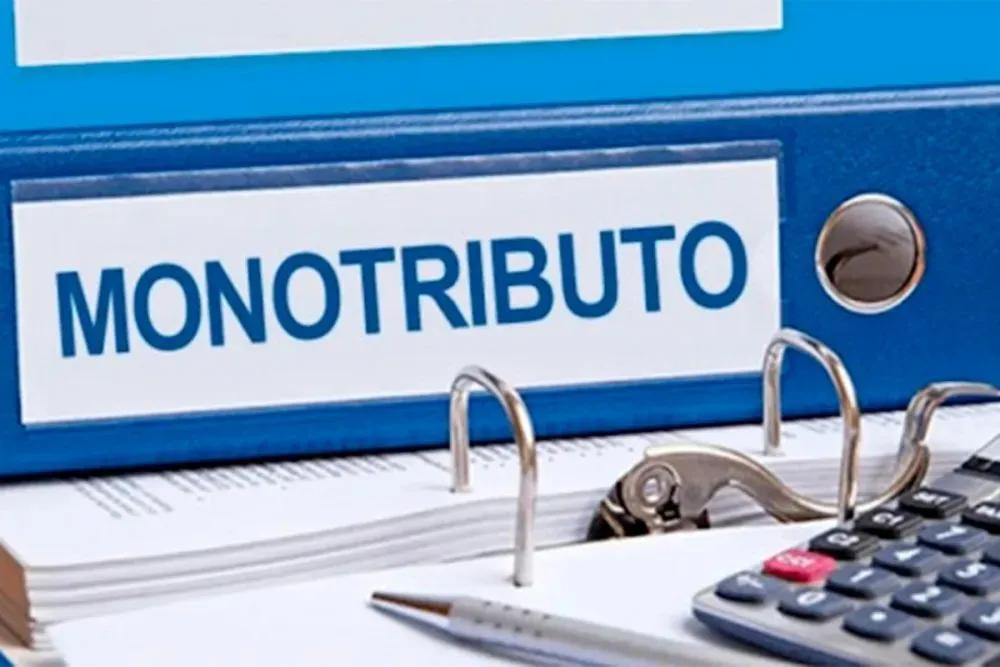The monotributo is a tax regime established in Argentina to facilitate compliance with tax obligations for small taxpayers. However, in the current context of discussion regarding the tax reform, the future of this system has taken center stage. Is the monotributo an effective solution for self-employed workers, or does it need a thorough review?
📊 Current Outlook
In Argentina, the monotributo allows small taxpayers to consolidate the payment of VAT and Income Tax, along with retirement contributions. This regime has been adopted by more than 3 million people engaged in economic activities in the country. However, it faces criticism for its structure and limitations. Recently, the Government has considered the possibility of eliminating this regime and transferring taxpayers to the general regime, which could mean an increase in the tax burden for many.
Inflation and the economic crisis have led many to question the effectiveness of the monotributo. The updating of categories and the increase in amounts to be paid are recurring issues. The lack of automatic adjustment for inflation has caused many monotributistas to feel the pressure of a system that does not adapt to the economic realities of the country.
🌍 International Comparison
The monotributo system in Argentina shares some similarities with simplified regimes in other Latin American countries. For example, in Brazil, there is a regime known as Simples Nacional, which groups several taxes into one, facilitating tax compliance for small businesses. This system has been successful in reducing informality and promoting the formalization of businesses.
On the other hand, in Chile, the Presumed Income regime allows small taxpayers to opt for a simplified taxation system. However, unlike Argentina, Chile has implemented more flexible adjustment mechanisms adapted to inflation, allowing for a greater balance in the tax burdens.
The comparison with these countries suggests that while the monotributo has been a useful tool, its effectiveness could improve with reforms that adapt it to new economic realities, preventing it from becoming an obstacle to the growth of small entrepreneurs.
💼 Economic and Social Implications
Political decisions regarding the monotributo not only affect taxpayers but also have broader implications for the Argentine economy. Eliminating this regime could lead to an increase in labor informality, as many small entrepreneurs would choose to avoid taxation in a system they consider unfair or unsustainable.
Moreover, the impact on employment could be significant. According to data from AFIP, a large portion of monotributistas are independent workers who generate local employment. If transferred to the general regime, the tax burden could disincentivize economic activity, affecting the creation of new jobs.
From a social standpoint, the change in the regime could generate significant discontent among small taxpayers, who feel unprotected due to the lack of adjustments and periodic reviews. Trust in the tax system is essential to foster investment and entrepreneurship.
🔍 Reflections on the Future of Monotributo
The discussion on the monotributo must go beyond a superficial political debate. It is vital to consider the sustainability of this regime in the current context of economic crisis. Reforms should aim to improve the efficiency and equity of the tax system, ensuring that small taxpayers are not the most affected by decisions that do not consider their reality.
A broad dialogue that includes monotributistas, economists, and lawmakers is necessary. The implementation of periodic adjustments and control mechanisms is also crucial to ensure that this regime continues to fulfill its function.
In conclusion, the future of the monotributo will depend on the Government's ability to listen and adapt to the needs of taxpayers. Without an adequate review, Argentina could lose a valuable tool for promoting formalization and growth in the informal sector. The tax reform is a key moment to rethink the direction and seek solutions that promote the economic and social development of the country.

Comments